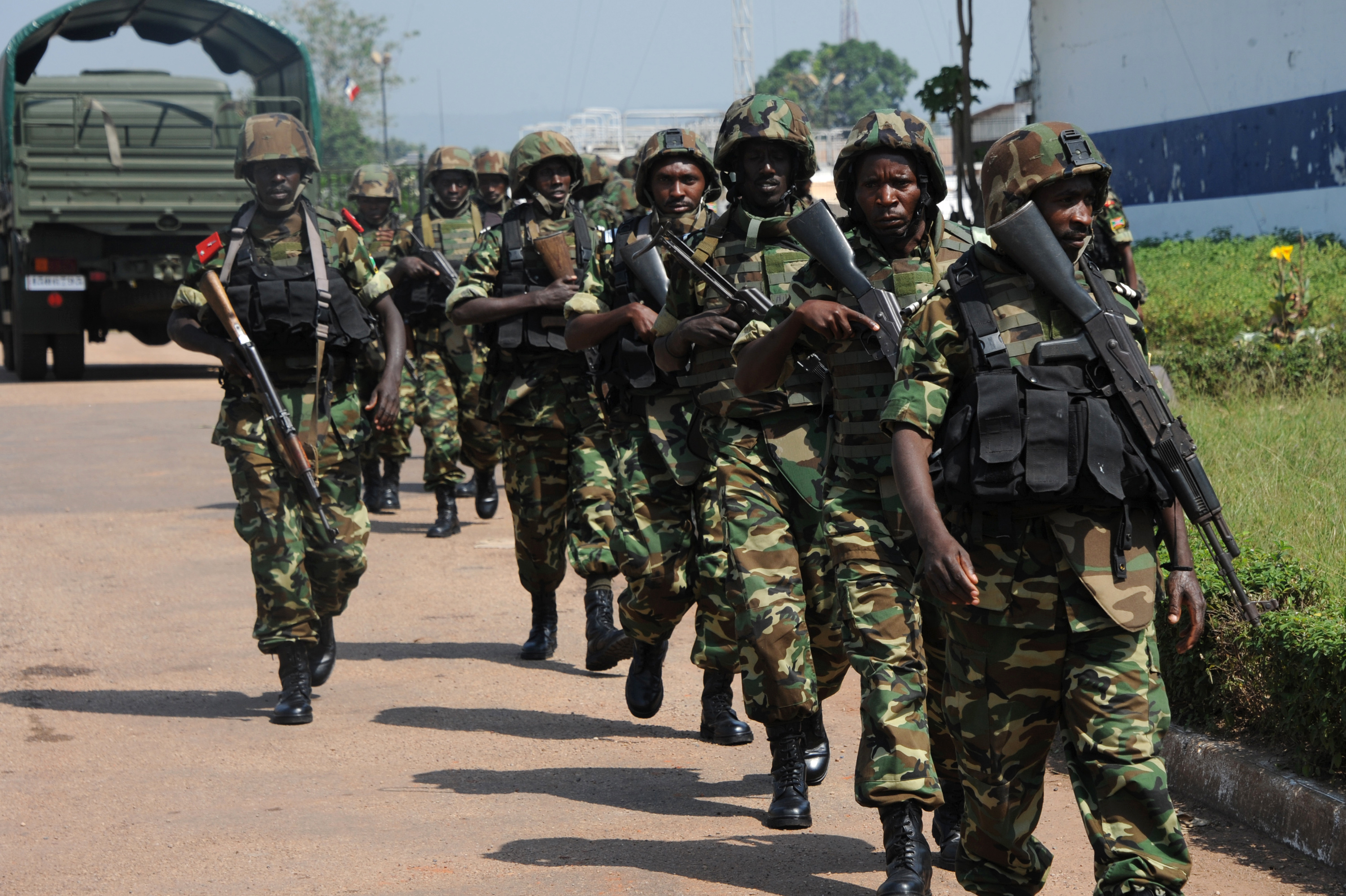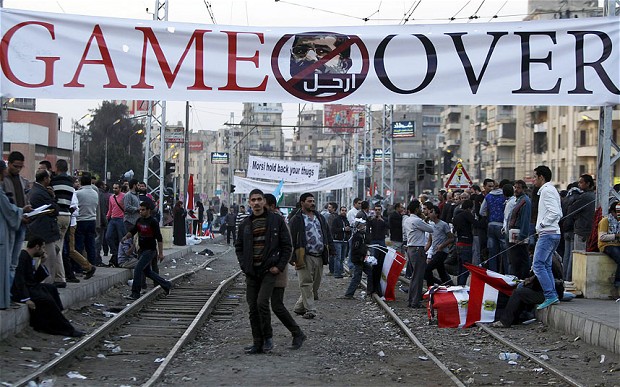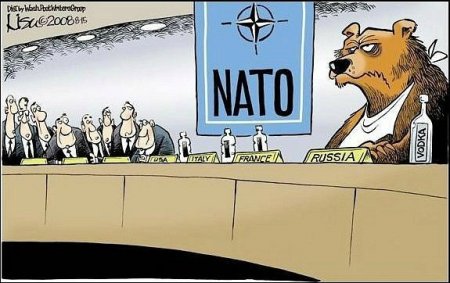
The Central African Republic (CAR) continues to experience grave insecurity despite the presence of a powerful French-led peacekeeping force since December 2013. Commentators often call for more troops to improve the security situation, but in fact the most sustainable solution in the CAR is an international effort to build state capacity.
International intervention in the Central African Republic since December 2013 has clearly failed to stabilize the situation. The humanitarian situation gravely deteriorated after the Seleka Muslim rebels took the capital Bangui in March 2013, and international observers called for intervention. Many commentators thus hailed the French-led African Union intervention in December 2013 as proof that the international community had learned from its errors during the 1994 Rwandan genocide. Subsequent events cast doubt on these optimistic assessments. The Christian anti-Balaka militias have continued to engage in violence against Muslim civilians, causing many of them to flee. In fact, the failure of peacekeepers and the government to provide security has begun to jeopardize the new government’s fragile legitimacy. One million of the country’s 5 million people have fled their homes, and 390,000 have become refugees.
Comparing the international community’s failures in the CAR to its inaction during the Rwandan genocide is attractive, but ultimately misleading. For instance, commentators often point to the international community’s failure to deploy sufficient troops as a similarity between the two crises. Careful analysis of the facts tells another story. In 1994, Rwanda had a population of 7 million, but the UN peacekeeping force had only 2,500 troops. Of these, only the 400 Belgian troops were top-quality, and the rest of the force was generally poorly trained and lacked modern equipment. In the CAR, however, the international community has deployed more than triple the number of peacekeepers, even though the CAR’s population is only 5 million. 2,000 of the peacekeepers are crack French troops with modern equipment, five times the number of well-equipped peacekeepers in Rwanda.
The international military intervention in the CAR has thus successfully deterred large-scale mass killing, even if it has failed in other objectives. In Rwanda, government soldiers killed 10 Belgian peacekeepers on the first day of the genocide campaign. This caused Belgium to quickly withdraw its forces. The UN force became effectively powerless, and the Security Council thus decided to reduce the force to only 270 men. Both the Seleka and the anti-Balaka have in contrast rarely confronted peacekeepers head on. France also did not withdraw its forces when it suffered combat casualties early in its intervention, but instead sent reinforcements. Insecurity certainly remains in the CAR, and anti-Balaka attacks continue to kill dozens of Muslims and have caused thousands more to flee the country. Still, there have been no instances of mass killing of hundreds of civilians in a single day since the December 2013 intervention.
The CAR’s recent history still demonstrates that the UN’s military presence alone is insufficient to ensure meaningful and lasting security. International and regional organizations have deployed several peacekeeping missions since 1997, but none of them have halted the CAR’s slide into chaos. Political conditions in both the intervening state(s) and the target state in fact matter just as much as the relative military capacity of the intervening force. In truly successful interventions, all three of these factors are synchronized.
The ineffectiveness of the international response is thus rooted in the Central African state’s near-total incapacity. In April 2014, the UN Security Council passed Resolution 2149 mandating the UN peacekeeping mission to “support the rapid extension of State authority,” but the Resolution makes the false assumption that the Central African state had any real authority to begin with. The CAR’s state structure has suffered steady collapse since the 1980s because of economic decline. International donors, churches, non-governmental organizations, states, and international organizations have consequently assumed many of its core functions. The overthrow of the government by the Seleka rebels in March 2013 destroyed what little state capacity remained.
Neither military force nor surface-level political reforms can meaningfully compensate for deeper political deficits. CAR transitional President Catherine Samba-Panza certainly has demonstrated great courage and political will. The UN also plans to hold elections in February 2015 to restore democratic legitimacy. Still, elections and political courage will do little in an institutional vacuum. In the absence of a capable Central African state, peacekeepers can prevent large-scale mass killing. Recent events show, though, that they will have little prospect of restoring the rule of law, providing meaningful security to civilians, restarting the local economy, or improving food security.
International political commitment to state-building is likely to produce positive outcomes thanks to a cooperative CAR leadership. President Samba-Panza has made clear in closed-door meetings that she wants international donors to contribute more to rebuilding the Central African state’s political and economic capacities, not merely to provide humanitarian relief. Sustained international support would allow the CAR to build professional security forces, create jobs, and take control of the mining sites that militias currently use to raise funds.
The alternative to state-building is for international organizations and non-governmental actors to assume state roles, but this is doubly dangerous. First, this delegitimizes the state by teaching the population that it can only rely on international actors for basic services. Second, this approach is ultimately unsustainable because international donors will inevitably decrease funding for the CAR as the immediate crisis abates.
International military intervention has prevented large-scale mass killings in the CAR, but absent a serious state-building effort it will inevitably fail to provide lasting security and development. Only by building state capacity can the international community avoid repeating the failures of past peacekeeping missions.




